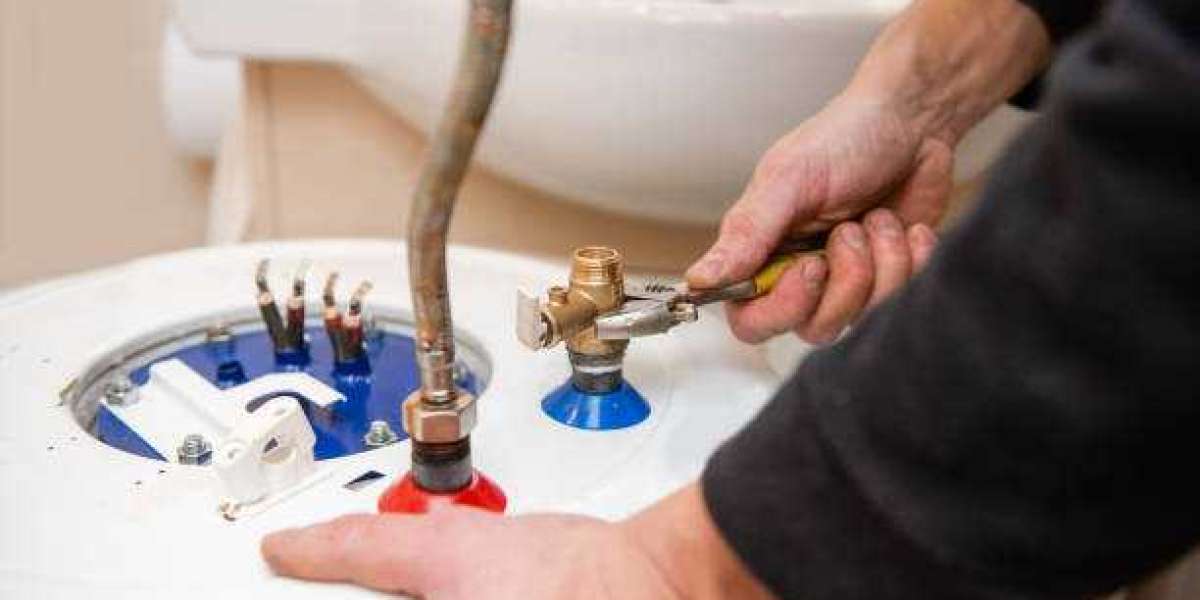Water heaters are an essential component of our daily lives, providing hot water for bathing, cooking, and cleaning. However, like all appliances, water heaters have a lifespan, and eventually, they will need to be replaced. In this blog, we will explore the importance of water heater replacement, signs that your water heater needs replacing, and the benefits of upgrading to a new, more efficient water heater.
Signs that Your Water Heater Needs Replacing
Water heaters can last anywhere from 8-12 years, depending on usage and maintenance. Here are some signs that your water heater needs replacing:
- Age: If your water heater is over 10 years old, it may be time to consider a replacement, even if it's still functioning.
- Leaks: If you notice water pooling around your water heater, it could be a sign of a leak. Even small leaks can cause significant damage over time, so it's important to have your water heater inspected by a professional.
- Rusty Water: If your hot water appears brown or rusty, it could be a sign that your water heater is rusting from the inside out.
- Strange Noises: If you hear loud popping or cracking noises coming from your water heater, it could be a sign that sediment has built up inside and is causing the tank to overheat.
Benefits of Upgrading to a New Water Heater
Replacing your old water heater with a new, more efficient model can offer many benefits, including:
- Energy Savings: Newer water heaters are much more energy-efficient than older models, which can lead to significant cost savings on your energy bills.
- Improved Performance: A new water heater can provide improved performance, including faster heating times and more consistent water temperature.
- Increased Capacity: If you have a growing family or have added new appliances that require hot water, upgrading to a larger water heater can ensure you always have hot water when you need it.
- Increased Safety: Newer water heaters have improved safety features, such as automatic shutoff valves and leak detection sensors, which can prevent accidents and damage to your home.
Water Heater Replacement Process
The process of replacing a water heater involves several steps, including:
- Inspection: A professional plumber will inspect your existing water heater to determine if replacement is necessary and to identify the best replacement option for your needs.
- Removal: Your old water heater will be safely removed from your home, and the area will be cleaned and prepped for installation.
- Installation: Your new water heater will be installed according to manufacturer specifications, including connecting to gas or electricity, and setting up safety features.
- Testing: Once installation is complete, your new water heater will be tested to ensure it is functioning properly and providing hot water to your home.
Conclusion
Water heater replacement is an important process that can help improve energy efficiency, increase safety, and provide consistent hot water for your home. By understanding the signs that your water heater needs replacing and the benefits of upgrading to a new model, you can make an informed decision about when to replace a water heater. Be sure to work with a professional plumber to ensure proper installation and testing of your new water heater, and enjoy the benefits of a more efficient and reliable hot water supply.








